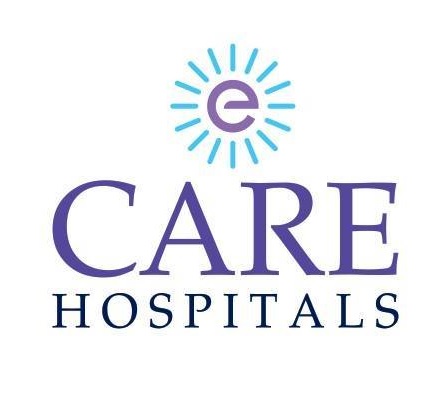Ulcerative colitis treatment focuses on regulating the immune system. It helps manage the condition. It necessitates a multifaceted approach, which is as follows:
Non-Surgical Methods
These are available to manage the condition and can help to improve the quality of life.
Medications: This works to calm down inflammation in the colon. It helps the tissue to heal and reduces symptoms like diarrhoea, bleeding, and stomach pain. These also prevent future flare-ups, leading to longer periods of wellness.
Dietary modifications: A bland, nutrient-rich diet promoting healing and symptom reduction is crucial. Doctors may recommend lactose restriction for those with intolerance and a focus on easily digestible foods.
Proctocolectomy
This surgery involves removal of a part or complete colon and rectum. It can be done with two approaches:
With Ileal Pouch: The surgeon creates a pouch, which is a section of the small intestine attached to the anus. Once healed, it acts as a new rectum, allowing normal bowel movements.
With Ileostomy: A small opening is made in the abdomen, and a bag (ileal stoma) is created outside the body to collect waste.
Estimated Cost of Ulcerative Colitis
The cost of treating ulcerative colitis ranges depends majorly on the technique used. If proctocolectomy is done with an ileal pouch, then the price ranges from ₹ 1,50,000 - ₹ 2,00,000. While ileostomy can be around ₹ 1,25,000 - ₹ 1,50,000.
Procedure Name | Estimated Cost Range |
Proctocolectomy with Ileal Pouch | ₹ 1,50,000 - ₹ 2,00,000 |
Proctocolectomy with Ileostomy | ₹ 1,25,000 - ₹ 1,50,000 |
Note: The figures mentioned above are approximations and can vary due to variables like chosen hospital, surgeon, etc. Contact HexaHealth for accurate information and price quotation.

























